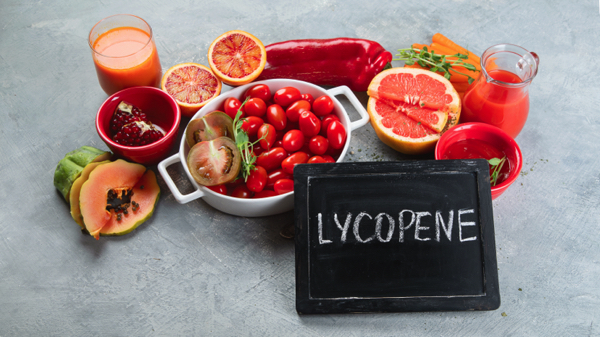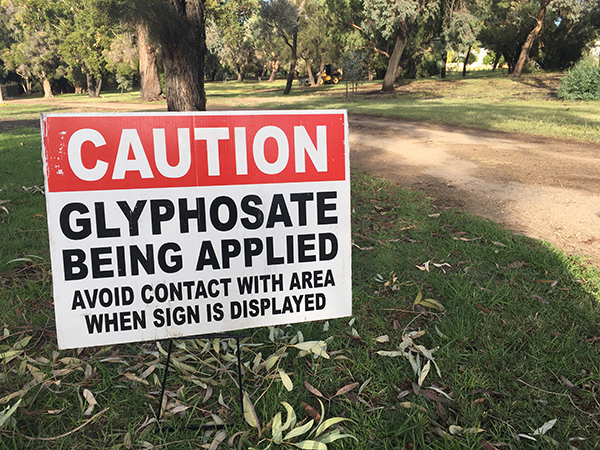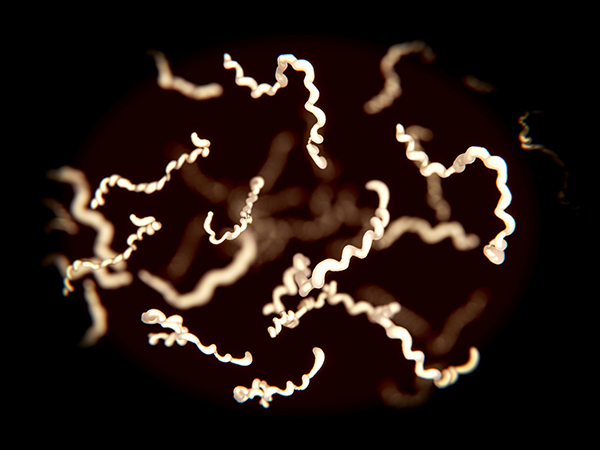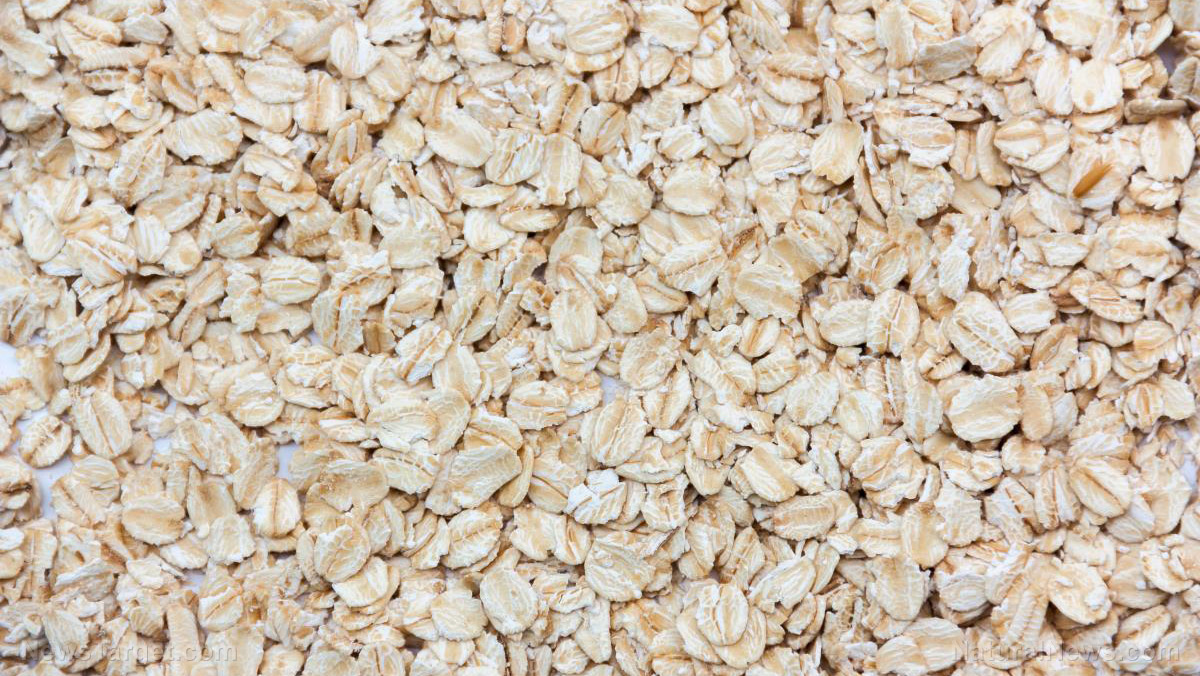Lycopene: Harnessing natural carotenoids for cancer prevention
08/27/2024 / By Olivia Cook

Lycopene, a red pigment in fruits and vegetables like beets, cherries, guavas, papayas, pink grapefruits, red onions, red peppers, tomatoes and strawberries, has attracted considerable interest from scientists in recent years. Research, including a 2023 study published in Biomedicine & Pharmacotherapy reveals that higher levels of lycopene in the blood are associated with a lower risk of developing different types of cancer.
Lycopene stands out for its powerful antioxidant properties, which are much stronger than beta-carotene and alpha-tocopherol. It helps protect against cancer by slowing tumor growth and preventing cancer formation. Lycopene works through two main methods:
Antioxidant action. It neutralizes harmful radicals and reduces oxidative stress, which can damage DNA, lipids and protein.
Non-antioxidant action. It inhibits the growth of cancer cells, corrects abnormal cell signaling, enhances communication between cells and adjusts levels of growth factors.
In essence, lycopene’s protective effects come from its ability to combat oxidative damage and its impact on cancer and cell behavior. (Related: Phytonutrients: Natural compounds in plant foods that help lower cancer risk.)
Breast cancer
A study published in Cancer Science highlights that carotenoids, primarily lycopene, found in pink-to-red fruits and vegetables, may help prevent breast cancer. Lycopene works in several ways, including fighting oxidative stress, reducing inflammation, stopping cancer cell growth and triggering cell death (apoptosis). The research suggests that eating more carotenoids, especially lycopene-rich foods, is linked to a lower risk of developing estrogen receptor (ER)-negative breast cancer but not ER-positive breast cancer. This conclusion comes from an analysis of 18 different studies. (Related: 6 Good reasons to eat more beets.)
Colon and colorectal cancers
A study published in The FASEB (Federation of American Societies for Experimental Biology) Journal showed that lycopene can significantly slow down the growth of colon cancer cells in the lab (in vitro). In tests with mice, lycopene also prevented the growth and spread of colorectal tumors. (Related: The antioxidant lycopene is effective against colon cancer.)
Using advanced imaging and staining techniques, researchers found that lycopene effectively reduced tumor growth and progression. It did this by lowering levels of certain proteins linked to cancer and increasing the levels of protective proteins. Lycopene also decreased markers associated with inflammation and cancer cell growth. These findings suggest that lycopene could help prevent colorectal cancer by stopping tumors from growing and spreading in mice.
Endometrial cancer
A study published in Nutrition and Cancer found that lycopene is more effective than alpha- or beta-carotene at stopping the growth of endometrial cancer cells. When tested in vitro, lycopene significantly reduced the proliferation of these cells at lower concentrations compared to the other carotenoids.
Generally, you would need four times as much alpha-carotene or 10 times as much beta-carotene to achieve the same growth inhibition as lycopene. The effect was noticeable after 24 hours and lasted at least three days.
Besides slowing down the growth of cancer cells, lycopene also reduces growth stimulated by insulin-like factors important to the development of various cancers. These findings suggest that lycopene might offer new insights into how endometrial cancer, and potentially other types of tumors, form.
Gastric or stomach cancer
A 2023 study published in The Journal of Nutritional Biochemistry explored how lycopene affects stomach cancer cells. The research found that lycopene slowed the growth of cancer cells without harming normal stomach cells.
In the study, lycopene was shown to stop cancer cells from growing, causing them to undergo programmed cell death and disrupting their energy production. These effects were observed in specific cancer cell lines but did not affect normal stomach cells or a particular cell with a TP53 mutation.
Further analysis identified 57 genes in stomach cancer that were influenced by lycopene treatment. The study found that lycopene reduced protein levels linked to cell cycle progression and increased protein levels associated with cancer suppression in cancer cells. Overall, lycopene could be a promising treatment for stomach cancer, especially in cases with specific genetic changes.
Lung cancer
A study published in Cancers suggests that lycopene may help prevent lung cancer. Research shows that lycopene can slow the growth of lung cancer cells in lab settings and stop tumors from forming in animal models. It works through several modes, including changing the behavior or enzymes related to cell growth, improving cell communication, reducing smoke-induced inflammation, regulating growth factors, stopping cancer cell growth and triggering cancer cell death. Lycopene blocks cancer cells from spreading, forming new blood cells and invading other tissues. Scientists have found several byproducts of lycopene, which might also contribute to its cancer-fighting effects.
While these findings are promising, more detailed clinical trials are needed to understand exactly how lycopene helps prevent lung cancer. Future studies should carefully choose participants, measure specific markers, test different levels of carotenoids and consider how lycopene interacts with other nutrients.
Ovarian cancer
Research published in the American Journal of Cancer Research found that lycopene helps reduce the growth of ovarian tumors and the spread of cancer within the abdomen. In studies with mice, lycopene significantly lowered the spread of ovarian cancer and shrank existing tumors.
Another study published in Molecular and Cellular Probes showed that lycopene slows down the growth and promotes the death of ovarian cancer cells – specifically in a cell line identified as SKOV3 from a patient with ovarian adenocarcinoma.
Prostate cancer
A 2020 study in Biomedicine & Pharmacotherapy found that lycopene effectively slows the growth and spread of prostate cancer cells in vitro and animal tests. It also helps cancer-related signaling pathways.
Eat your way to better health
Lycopene is commonly found in a variety of pink-to-red produce. Tomatoes are the best and most popular source choice, especially when ripe. You can also get lycopene from canned, fresh, pureed and sun-dried tomatoes, cooked sweet red peppers, guavas, papayas, pink grapefruit, watermelon and more.
There is no official daily recommendation for lycopene but studies suggest that consuming eight to 21 milligrams daily is beneficial.
Precautions: While lycopene supplements can be helpful, it is important to be cautious with high doses as they might have unwanted side effects so always consult your doctor. In rare cases, eating extremely high amounts of lycopene-rich foods can cause a condition called lycopenodermia, which results in a change in skin color.
Learn more about health-supporting plant compounds like lycopene at Phytonutrients.news.
Learn more about “Lycopene’s role in cancer prevention” by watching the following video.
This video is from the Daily Videos channel on Brighteon.com.
More related stories:
Lycopene is found in a variety of fruits, offering an array of antioxidant carotenoid benefits.
Tomato-rich diet may lower cancer risk: study shows.
Sources include:
Submit a correction >>
Tagged Under:
antioxidants, carotenoid, food cures, food is medicine, food science, health science, lycopene, men's health, natural cures, natural health, natural medicine, naturopathy, Oncology, phytonutrients, research, women's health
This article may contain statements that reflect the opinion of the author
RECENT NEWS & ARTICLES
MensHealth.News is a fact-based public education website published by Mens Health News Features, LLC.
All content copyright © 2018 by Mens Health News Features, LLC.
Contact Us with Tips or Corrections
All trademarks, registered trademarks and servicemarks mentioned on this site are the property of their respective owners.




















